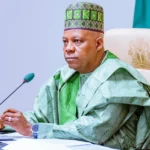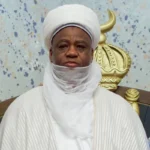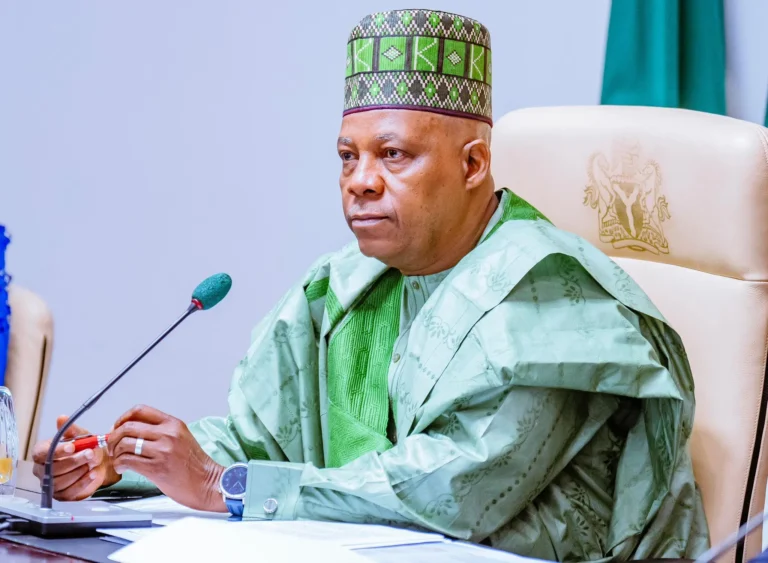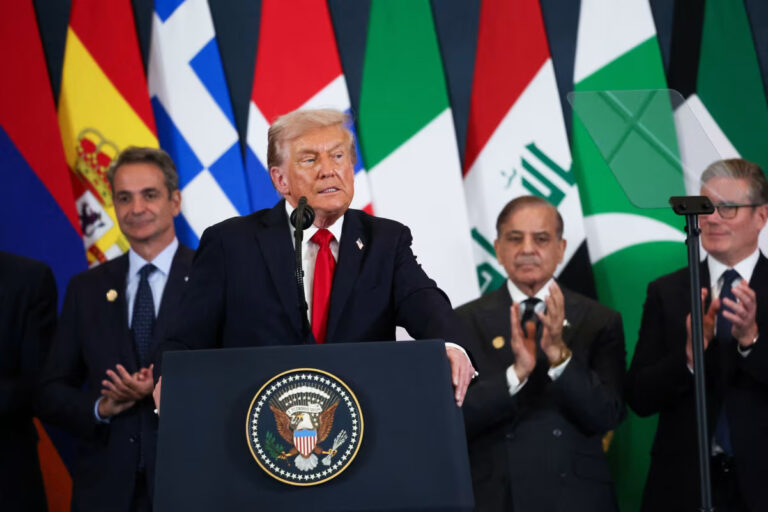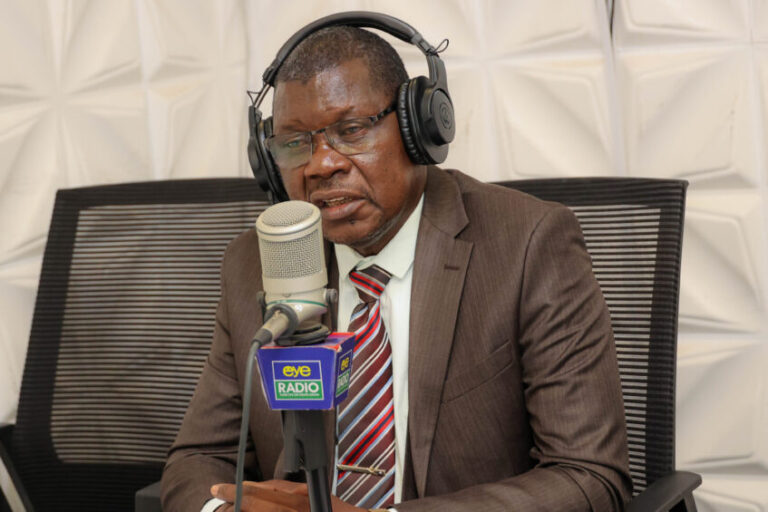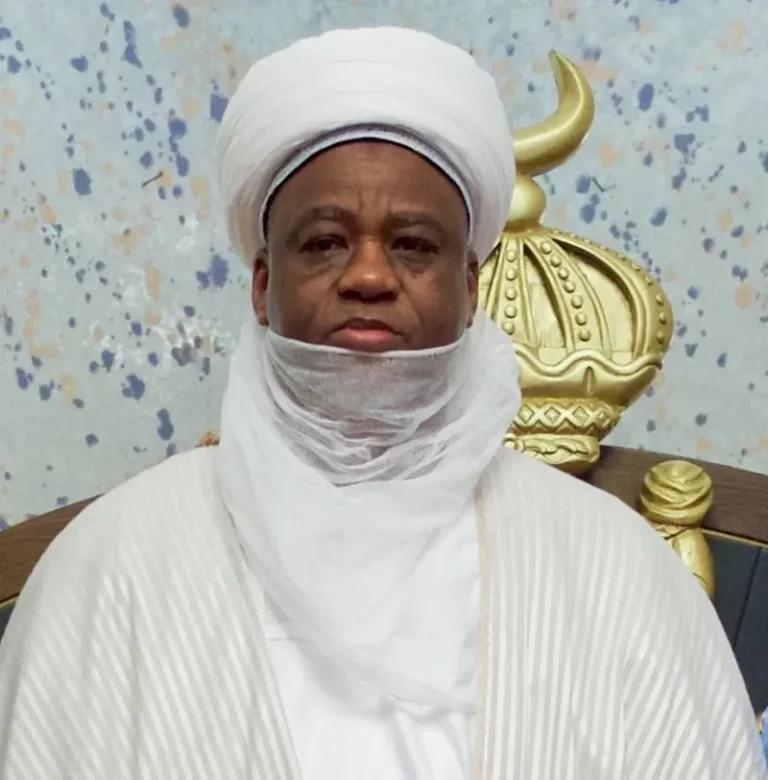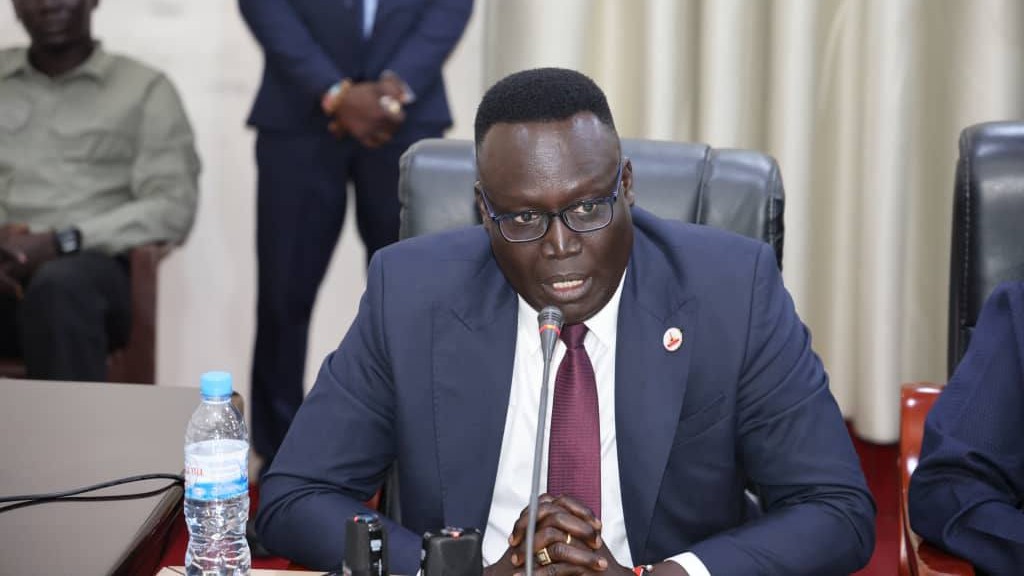
JUBA – Governor Rabi Mujung Emmanuel of Central Equatoria State has given the newly appointed leadership of Juba City Council a 100-day ultimatum to deliver visible change in the capital, challenging them to make Juba as clean and orderly as Rwanda’s capital, Kigali.
Presiding over the swearing-in ceremony on Monday at the State Secretariat, Governor Mujung formally appointed Christopher Sarafino Wani as the new Mayor of Juba City Council. He will be deputized by Jenifer Yabu Lasuba (Administration and Finance), Lual Joseph Deng (Social Services), and Stephen Lomude (Environment and Management).
The appointments come a week after Mujung dismissed Johnson Swaka Ngisak, the former mayor, along with his deputies Thiik Thiik Mayardit and Juma Moses Michael, citing the need for renewed leadership and improved service delivery.
Governor Mujung urged the new team to embrace discipline, teamwork, and accountability while operating within the city’s legal framework. He directed them to prepare a 100-day action plan focusing on road rehabilitation, waste management, and environmental cleanliness.
“I wish Juba becomes [sic] the second Kigali in terms of cleanliness. People want a clean city—this is your responsibility,” Mujung said. “Within your 100 days, change should happen, and we must see the difference.”
The governor pledged his full support to the city’s leadership and encouraged them to engage residents and business communities in improving service delivery.
His deputy, Paulino Lukudu Obede, echoed the call for inclusivity, urging the council not to clamp down on small businesses through excessive taxation. Instead, he advised collaboration with traders to promote economic empowerment and stability.
In his acceptance remarks, Mayor Christopher Sarafino Wani pledged to restore public confidence in the City Council through reforms in waste management, urban security, and infrastructure development.
“The City Council has been accused of many wrongs, but we shall restore its image,” Wani said, promising to enforce bylaws fairly and improve coordination among departments.
However, transforming Juba into a “second Kigali” remains an uphill task. The capital has long struggled with weak urban planning, inadequate funding, unregulated construction, and waste management failures.
Previous mayors launched cleanup campaigns and road improvement initiatives, but most efforts stalled due to limited resources, political interference, and rapid urban expansion.
Frequent leadership changes have also undermined continuity in city management. Since South Sudan’s independence in 2011, Juba has had over five mayors, including Mohammed El Haj Baballa, Kalisto Lado, Michael Lado Allah-Jabu, Emmanuel Khamis Richard (acting), and Johnson Swaka Ngisak. But none completed a full term, with successive officeholders facing abrupt dismissals that disrupted long-term projects.
Mayor Wani’s first 100 days will test his ability to balance public expectations with entrenched structural challenges—ranging from land grabbing and poor drainage systems to weak revenue collection and overlapping authority between the city, state, and national governments.


